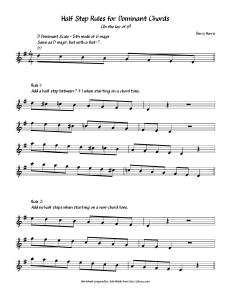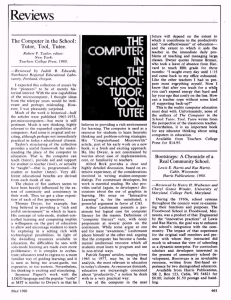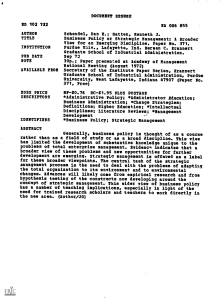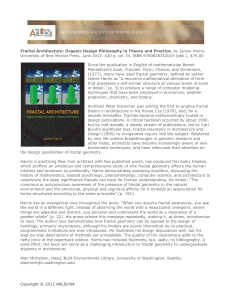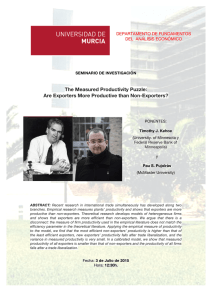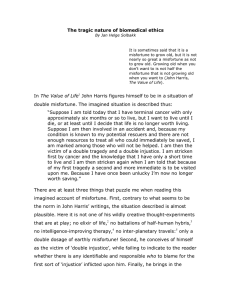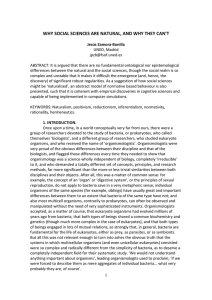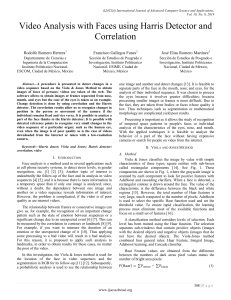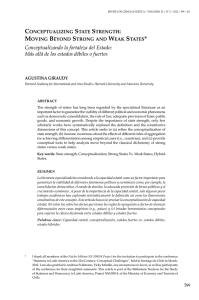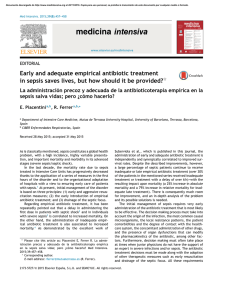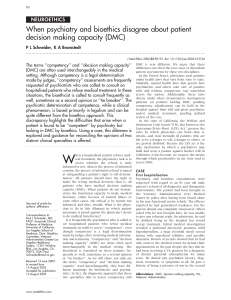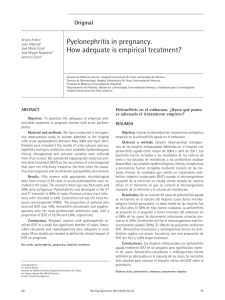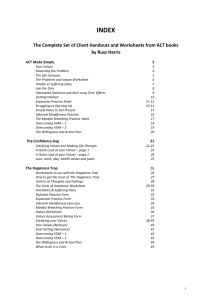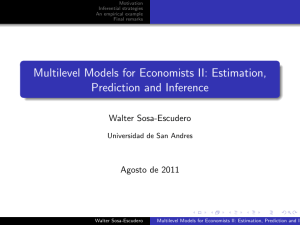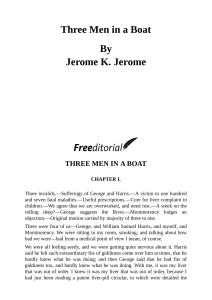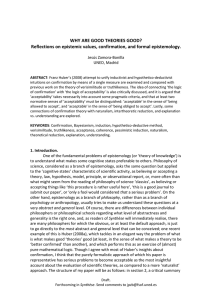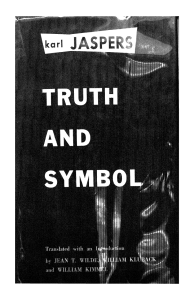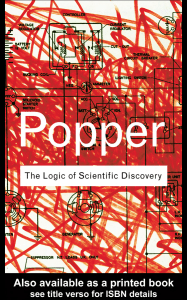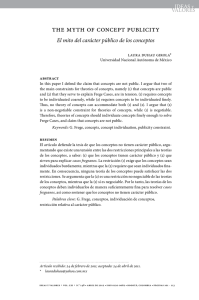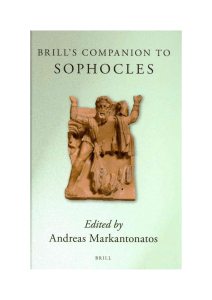If you can see, look. If you can look, observe.1
Anuncio
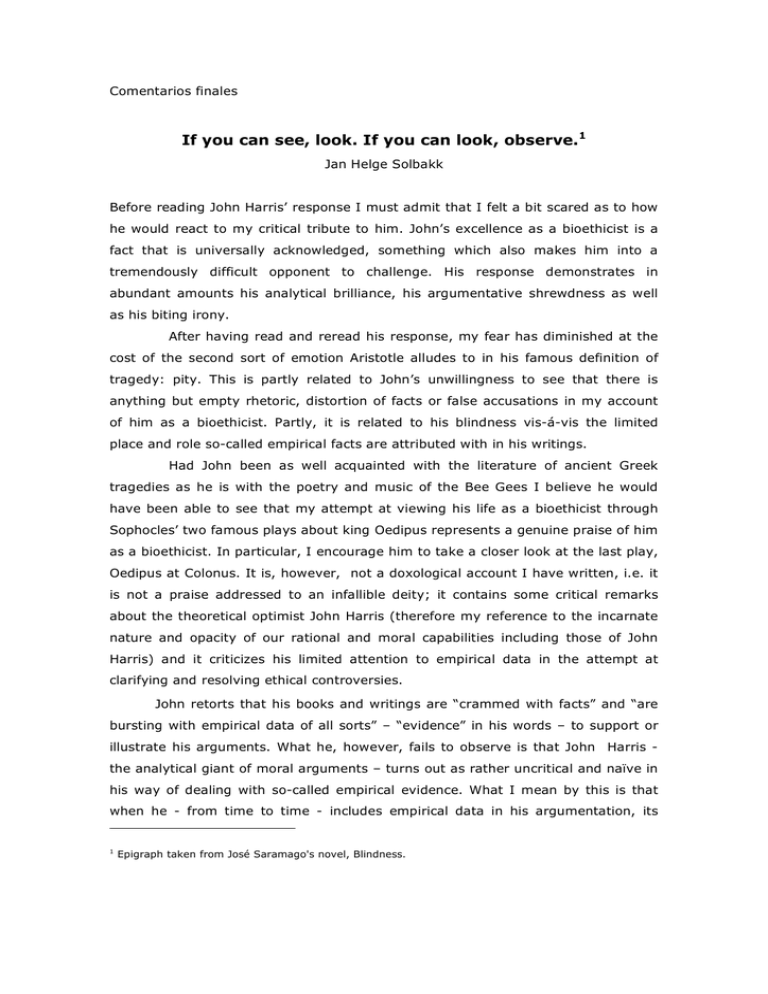
Comentarios finales If you can see, look. If you can look, observe.1 Jan Helge Solbakk Before reading John Harris’ response I must admit that I felt a bit scared as to how he would react to my critical tribute to him. John’s excellence as a bioethicist is a fact that is universally acknowledged, something which also makes him into a tremendously difficult opponent to challenge. His response demonstrates in abundant amounts his analytical brilliance, his argumentative shrewdness as well as his biting irony. After having read and reread his response, my fear has diminished at the cost of the second sort of emotion Aristotle alludes to in his famous definition of tragedy: pity. This is partly related to John’s unwillingness to see that there is anything but empty rhetoric, distortion of facts or false accusations in my account of him as a bioethicist. Partly, it is related to his blindness vis-á-vis the limited place and role so-called empirical facts are attributed with in his writings. Had John been as well acquainted with the literature of ancient Greek tragedies as he is with the poetry and music of the Bee Gees I believe he would have been able to see that my attempt at viewing his life as a bioethicist through Sophocles’ two famous plays about king Oedipus represents a genuine praise of him as a bioethicist. In particular, I encourage him to take a closer look at the last play, Oedipus at Colonus. It is, however, not a doxological account I have written, i.e. it is not a praise addressed to an infallible deity; it contains some critical remarks about the theoretical optimist John Harris (therefore my reference to the incarnate nature and opacity of our rational and moral capabilities including those of John Harris) and it criticizes his limited attention to empirical data in the attempt at clarifying and resolving ethical controversies. John retorts that his books and writings are “crammed with facts” and “are bursting with empirical data of all sorts” – “evidence” in his words – to support or illustrate his arguments. What he, however, fails to observe is that John Harris the analytical giant of moral arguments – turns out as rather uncritical and naïve in his way of dealing with so-called empirical evidence. What I mean by this is that when he - from time to time - includes empirical data in his argumentation, its 1 Epigraph taken from José Saramago's novel, Blindness. veracity seems to be taken for granted. Seldom are these inclusions followed by any critical assessment of the trustworthiness of the data employed, of the possibilities of distortion in the scientific reporting of them, of the problem of overselling of positive scientific claims or of the problem of underreporting of negative findings to serve economic interests etc. There is a lot of work for bioethicists to undertake before we move our imaginations to the point - suggested by John - beyond the solution of these messy problems. The devil is in the details and I believe that bioethicists have a crucial role to play exactly in making these details visible, including the disclosure of various forms of conflicts of interest that are inherent in scientific research and innovation. Only in this way, I believe, can we help to disprove the unjustified assumptions proclaimed by scientific utopians that the sum of the positive effects of research and development (R&D) always outweigh the adverse effects of the same activities, and that the adverse effects of R&D are always reversible. For this reason I also find the harmonious remarks John makes about issues of safety and efficacy in relation to scientific research and innovation untenable.
